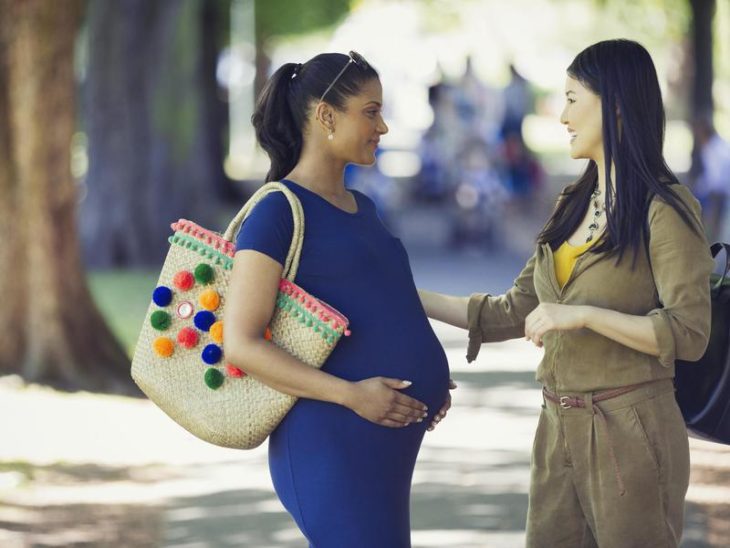Growing up, I thought the perfect host was a combination of Betty Crocker and Donna Reed: perfect clothes, perfect hair, perfect food, and perfect personality all coming together to ensure her guests are well taken care of.
However, Steve Martin, a Republican State Senator from Virginia, has a different take on the what it means to be a good host. He recently received a Valentine’s Day Card from the Virginia Pro-Choice Coalition asking the state Senator to protect women’s reproductive health options — everything from raising healthy children to having access to safe, legal abortion. Martin took it upon himself to reply publicly via his Facebook page. His response originally included the following:

Source: Healthline
“…I don’t expect to be in the room or will I do anything to prevent you from obtaining a contraceptive. However, once a child does exist in your womb, I’m not going to assume a right to kill it just because the child’s host (some refer to them as mothers) doesn’t want it to remain alive.”
So when a woman becomes pregnant, she somehow loses all autonomy over her body and simply becomes a “host” for the clump of cells growing within her? More than a few other folks (including Amelia) took issue with Martin’s comparison, because he eventually edited his post and replaced “host” with “bearer of the child.” That description still completely divorces the woman from the experience of being pregnant, as if she herself is merely a vessel for nine months until a baby is born.
And here we come to one of my pet peeves surrounding pregnancy: the language we use to talk about it. Over at Care2, Robin Marty writes that calling a woman a “host” is at least a step in the right direction, since it’s not the tug-at-your-heartstrings “mother” that gets automatically used/assumed when talking about those who are pregnant. I totally get where Robin is coming from, because not all pregnant people are mothers or want to be, and, as she notes later in her piece, they’re also not hosts. When those who are pregnant are compartmentalized in these ways, it makes it much easier to forget about the actual person, and ignore them when it comes to legislating their body.

Source: FamilyMinded
So, what are we? For the most part, we’re simply people. For some, when we become pregnant, it’s a joyous occasion and something desired. For others, due to a variety of reasons, it wasn’t a conscious choice and there’s a desire to end the pregnancy, usually as quickly, safely and efficiently as possible. Every person’s experience is different and it’s up to us to decide what it will be. We’re not all mothers, and we’re certainly not hosts (although that didn’t deter me from making jokes about my sweet, little parasite while pregnant — but I can do that because I was the one who was dealing with the almost five months straight of all-day nausea and massive food aversions!).
My pregnancy, for all intents and purposes, was a relatively “easy” one. Despite the raging nausea and an end-of-pregnancy bout of Symphysis Pubic Dysfunction (trust me, it’s painful), most of my pregnancy was healthy and average. Sure, I was pregnant, but I was also holding down a full-time job while working on my masters. I had hobbies, friends and other things going on in my life. “Pregnant” was just one thing that defined me. To boil down pregnancy as Martin did to being either a “host” or “bearer of child” strips us of every other aspect of our identities, placing all value in our fertility. That’s pretty crappy. I can’t help but think what would happen if men suddenly developed the ability to get pregnant, or rather, in Martin’s words, become “hosts.” For some reason, I can’t see that overtaking the entirety of their existence for nine months. (I also whole-heartedly believe we wouldn’t be having these debates over bodily autonomy and restricting access to abortion, but that’s a whole other tirade).
Original by
